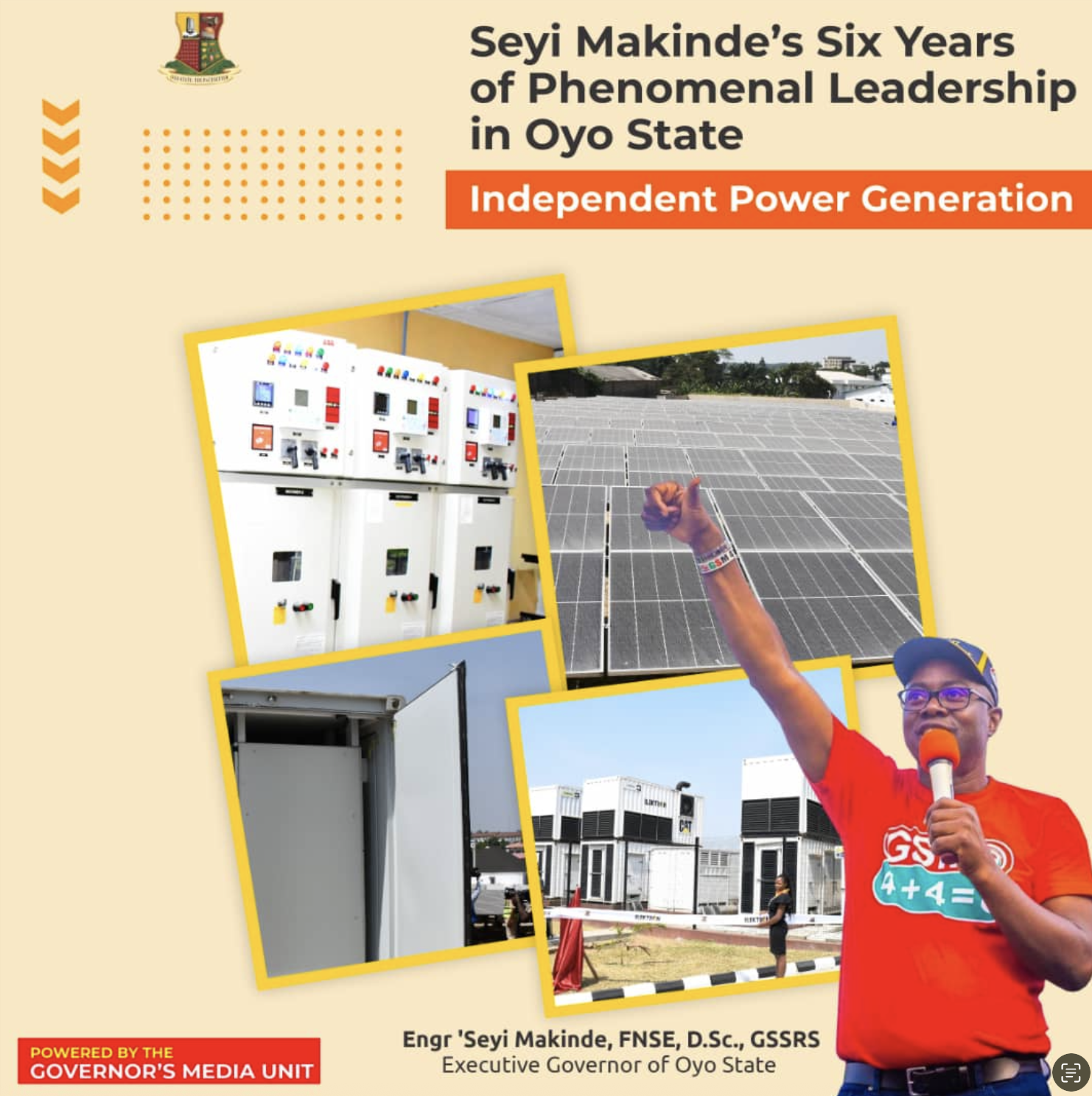The Federal Government yesterday said it had disbursed, through the National Cash Transfer Office (NCTO), about N700 million to over 12,000 households considered as vulnerable poor in Oyo State.
The money, the government said, was shared between January, last year, and last July to move the vulnerable poor from poverty.
The figure, which was drawn from 19 local government areas of the state, the government said, would have a multiplier effect on the socio-economic welfare of the citizenry.
Addressing reporters yesterday at a three-day training programme on savings and group mobilisation for local government cash transfer facilitators in Oyo State, the Head of the state’s Cash Transfer Unit, Mr. Oladipo Ezekiel Oyekola, said the Federal Government remained committed to helping the extremely poor households and vulnerable groups of people out of poverty.
He said N662,680,000 had been paid to 12,806 beneficiary households since the programme started in January, last year.
Oyekola, while emphasising government seriousness and commitment to the programme since inception, added that payment has been made up till July, 2018.
According to him, the programme is targeted at extremely poor people and it was carefully designed by the Federal Government to ensure that the money gets to the real beneficiaries.
Urging the participants at the training programme to use the knowledge they acquired to help the beneficiaries in their communities, Oyekola said from the 19 local government areas, which came on board, 12,806 households are currently benefitting from the programme.
He added that the remaining 14 local government areas will soon come on board.
Oyekola said: “And when they come on board, the total number of beneficiaries will be added to the existing 12,806 beneficiaries. When we started initially, the Federal Government appointed Stanbic IBTC Bank. We followed them to communities to capture the beneficiaries. Bank accounts were opened for them initially. So, when we started payment in January, 2017, the bank sent to the individuals the bank accounts they had opened.
“But there was the problem of network. We have some communities where there were no branches of Stanbic IBTC; even we have some local government areas with no financial institutions at all.”
Source: The Nation























